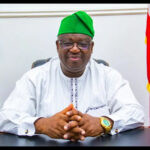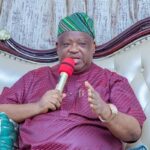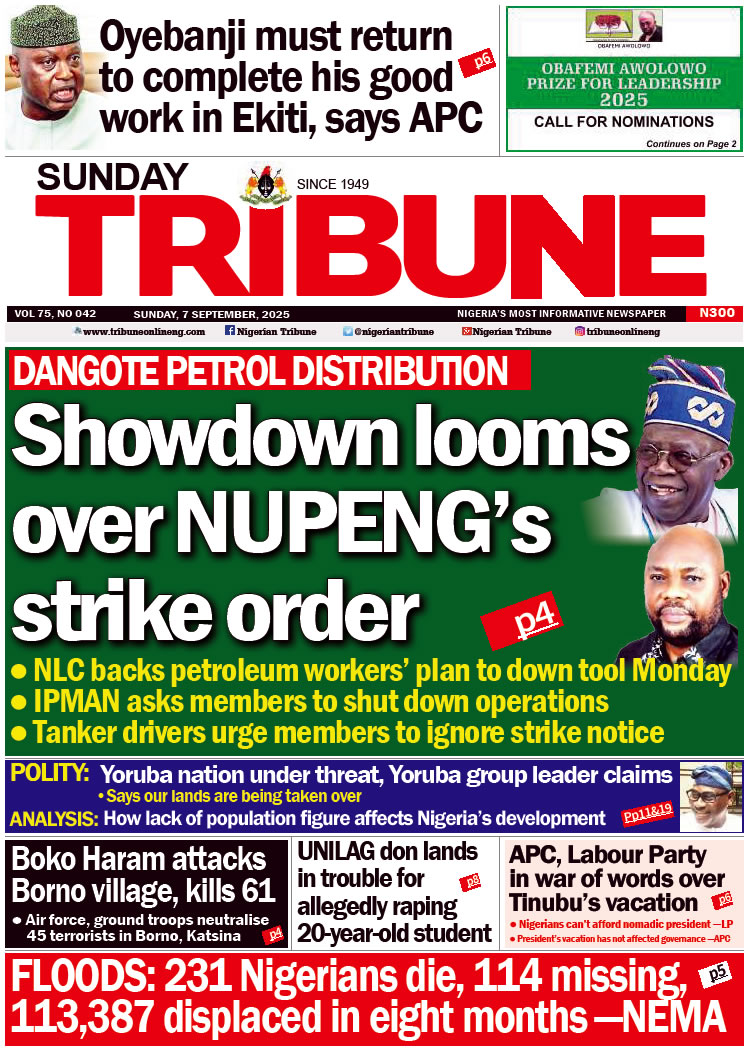As part of efforts to improve the health sector, Governor Uba Sani of Kaduna state has approved the balance of 2024 and that of 2025 payment of medical residency, training and hazard allowances for all medical doctors in the state.
This was disclosed by the Commissioner of Health, Hajiya Umma K Ahmed during a three-day workshop organised for health reporters in Kaduna by International Society of Media in Public Health (ISPH).
ALSO READ: Governance: My concern is equal development, not politics of ethnicity, religion — Gov Uba Sani
She said, “monthly the medical doctors will start receiving additional N40,000 – N35,000 on their salaries. This will at least ease the hardships.
“Gov Uba Sani equally has given approval for recruitment of 1,800 health workers for Primary Health Care centres. I have presented another memo for recruitment of health workers for the secondary facilities and teaching hospitals which we’re hoping the governor would soon approve.
“Very soon the portal for the recruitment of the 1,800 PHC workers would soon be out, and we’ll start the recruitment process. These are the gaps and challenges the ministry is facing – the health workers are not there. We are looking at having at least 5,000 plus nurses and midwives, while we currently have 2,000 plus of this cadres in the state.”
Speaking on behalf of the Gates Foundation, Dr. Anthony Shamang, a health systems consultant, described the training as a critical component in Kaduna’s journey toward more inclusive and responsive healthcare delivery.
“The Gates Foundation has worked in Kaduna State for over a decade. We began with support for routine immunisation and have since expanded to broader health system strengthening,” he said.
Shamang clarified that the Gates Foundation operates as a funding partner, supporting governments and implementing organisations like EngenderHealth, ISMPH, and others to execute projects in the health sector.
He recounted a scenario in which advocacy for the release of ₦500,000 for a health intervention failed because the decision-makers could not understand the technical justification behind it.
“That is where the media comes in. you have the power to translate health challenges and needs into compelling stories that resonate with the public and policymakers alike,” he said.
The Executive Director of ISMPH, Moji Makanjuola,said at the organisation, they see the media as strategic and not just important.
Moji, Represented by the ISMPH Program Director, Solomon Dogo, said the media are partners in development, and their role in public health goes beyond dissemination, but helping to drive behavior change.
Makanjuola explained that the training was part of a larger initiative being implemented in Kaduna, Kano, and Niger states, designed to improve media literacy around health topics and build the capacity of reporters to drive community-level change through informed reporting.
She further recognised the leadership and technical contributions of partners EngenderHealth (the lead implementing organisation), CCSI, and LISDEL.
ALSO READ FROM NIGERIAN TRIBUNE
WATCH TOP VIDEOS FROM NIGERIAN TRIBUNE TV
- Let’s Talk About SELF-AWARENESS
- Is Your Confidence Mistaken for Pride? Let’s talk about it
- Is Etiquette About Perfection…Or Just Not Being Rude?
- Top Psychologist Reveal 3 Signs You’re Struggling With Imposter Syndrome
- Do You Pick Up Work-Related Calls at Midnight or Never? Let’s Talk About Boundaries






